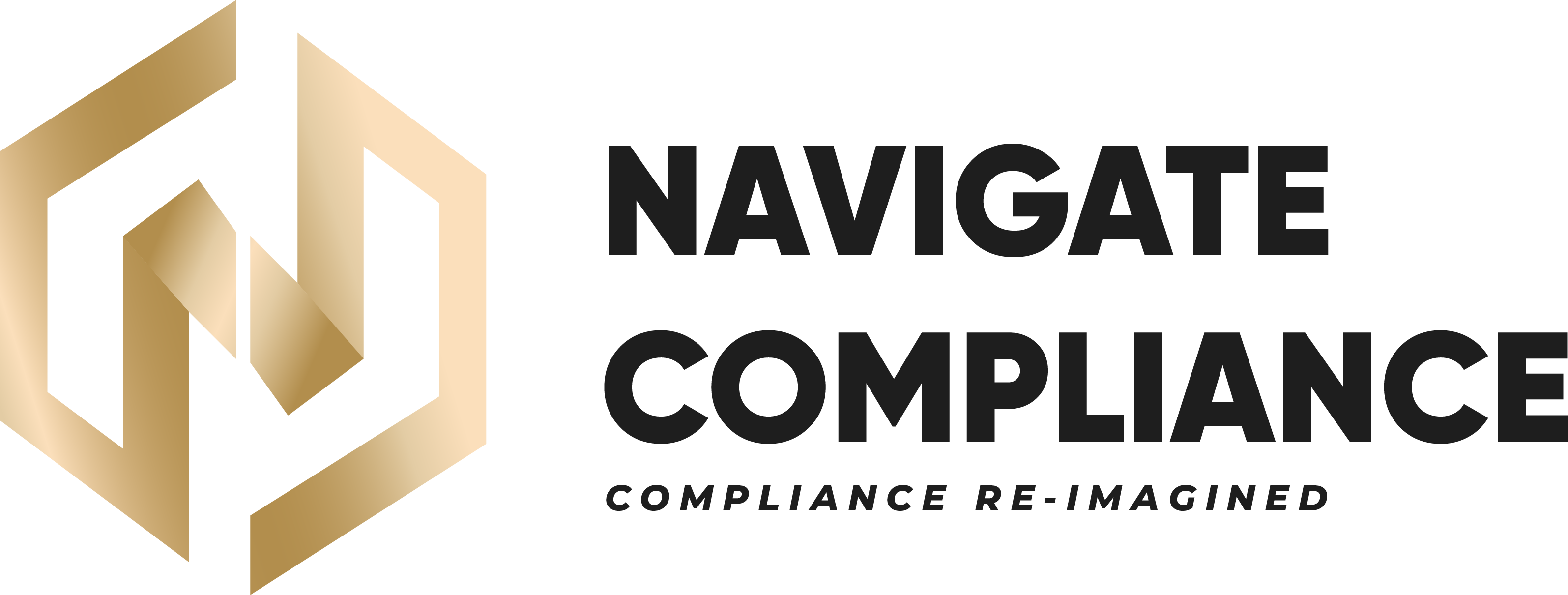Mergers and Acquisitions: The Importance of Compliance
In the fast-paced world of business, mergers and acquisitions (M&A) have become a common strategy for companies looking to expand, increase market share, or gain a competitive edge. M&A activities involve the consolidation of two or more companies through various transactions such as mergers, acquisitions, takeovers, or joint ventures. While M&A can bring numerous benefits, it also presents significant challenges, particularly in terms of compliance with legal and regulatory requirements.
Compliance refers to the adherence to laws, regulations, and industry standards governing business practices. It ensures that companies operate ethically, transparently, and responsibly, while also mitigating risks and protecting stakeholders’ interests. In the context of M&A, compliance plays a crucial role in facilitating a smooth transition and maintaining the long-term success of the newly formed entity. Let’s delve deeper into why compliance is essential in the realm of Mergers and Acquisitions.
Legal and Regulatory Framework
Merging or acquiring companies need to navigate a complex legal and regulatory environment. Compliance with laws and regulations helps ensure that the transaction is conducted in a lawful manner, avoiding any legal ramifications or reputational damage. Failure to comply with relevant laws and regulations can result in financial penalties, litigation, and even the termination of the M&A deal.
Various legal aspects must be considered in an M&A transaction, including antitrust laws, securities regulations, labor laws, intellectual property rights, and environmental regulations. Compliance with these laws ensures fair competition, protects investors, safeguards employee rights, and promotes sustainable business practices.
Due Diligence
Compliance is a critical component of the due diligence process in M&A. Due diligence involves an in-depth investigation and analysis of the target company’s financial, legal, operational, and compliance records. This process helps the acquiring company assess the risks and opportunities associated with the transaction.
By conducting thorough due diligence, the acquiring company can identify any existing or potential compliance issues, such as regulatory violations, pending lawsuits, or unethical business practices. Discovering these issues early allows the acquiring company to make informed decisions and take appropriate measures to address and mitigate the risks.
Safeguarding Reputation and Trust
Maintaining a good reputation is vital for any business. M&A transactions can significantly impact the reputation and trustworthiness of the companies involved. Compliance ensures that ethical standards are upheld throughout the M&A process, fostering trust among stakeholders, including customers, employees, shareholders, and the general public.
Non-compliance can tarnish a company’s reputation and erode customer and investor confidence. In today’s digital age, where information spreads quickly, a single compliance breach can lead to widespread negative publicity and long-term damage to a company’s brand and image. Therefore, adherence to compliance standards is crucial for preserving and enhancing the reputation of the merging or acquiring entities.
Integration Challenges
Post-merger integration is a complex process that involves combining the operations, systems, and cultures of the merging companies. Compliance plays a pivotal role in this integration process. Harmonizing compliance policies, procedures, and practices ensures a seamless transition and helps prevent any lapses in adherence to legal and regulatory requirements.
Failure to effectively integrate compliance frameworks can lead to inconsistencies, gaps, and internal control weaknesses. This not only exposes the newly formed entity to compliance risks but also hinders operational efficiency and impedes the achievement of synergistic benefits expected from the M&A transaction.
In summary, compliance is of utmost importance in mergers and acquisitions. It serves as a foundation for conducting M&A transactions in a lawful, ethical, and responsible manner. Compliance ensures adherence to legal and regulatory requirements, facilitates smooth integration, protects reputation, and maintains stakeholder trust. Companies engaging in M&A activities must prioritize compliance to navigate the complex landscape of laws, regulations, and industry standards successfully.
Remember, while mergers and acquisitions can be exciting opportunities for growth, ensuring compliance is essential for long-term success and sustainability in the dynamic business environment.
5 Key Compliance Considerations in Mergers and Acquisitions
1. Antitrust and Competition Laws
One of the primary compliance concerns in Mergers and Acquisitions transactions is antitrust and competition laws. These laws aim to promote fair competition in the marketplace and prevent the creation of monopolies or anti-competitive behavior. Companies involved in mergers and acquisitions must ensure that their transactions do not violate these laws, which often require approval from regulatory bodies.
2. Securities Laws and Financial Reporting
Mergers and Acquisitions transactions often involve the exchange of stocks, securities, and financial assets. Compliance with securities laws and financial reporting requirements is vital to ensure transparency and protect investors. Companies must accurately disclose all relevant information to shareholders, regulators, and the public. Failure to comply with securities laws can result in severe legal and financial consequences.
3. Data Privacy and Protection
During mergers and acquisitions, companies may gain access to substantial amounts of sensitive data, including customer information, intellectual property, and proprietary business data. Compliance with data privacy and protection regulations is crucial to safeguarding the privacy rights of individuals and preventing data breaches. Companies should implement robust data security measures and comply with applicable data protection laws.
4. Employment and Labor Laws
M&A transactions often involve workforce restructuring, which can have significant implications for employees. Compliance with employment and labor laws is essential to protect the rights of employees, including fair treatment, non-discrimination, and compliance with minimum wage and working hour regulations. Companies must carefully navigate these legal requirements to ensure a smooth transition for all employees involved.
5. Cultural Integration and Ethical Considerations
Merging two companies often means bringing together different corporate cultures, values, and ethical standards. Ensuring cultural integration and addressing ethical considerations is crucial for the long-term success of the merged entity. Companies must develop strategies to promote open communication, respect diversity, and maintain high ethical standards throughout the integration process.
The Role of Compliance Officers in M&A Compliance
Compliance officers play a critical role in mergers and acquisitions by overseeing and ensuring the compliance of all parties involved. Their responsibilities may include conducting due diligence, assessing compliance risks, developing compliance policies and procedures, and providing guidance to management. Compliance officers act as a bridge between legal, financial, and operational teams to ensure a seamless integration that aligns with regulatory requirements.
Mergers and acquisitions can be transformative opportunities for companies, but they also come with legal, regulatory, and ethical challenges. Compliance with applicable laws and regulations is essential to protect the interests of stakeholders, maintain public trust, and achieve a successful integration. By prioritizing compliance considerations, companies can navigate the complexities of the M&A landscape and create a solid foundation for future growth and success.




